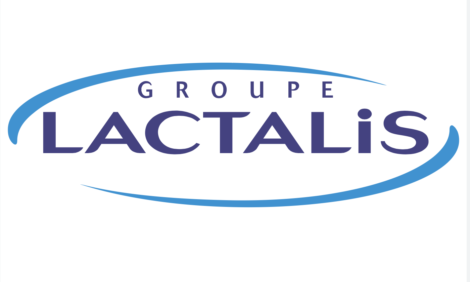



First Year of Effluent Risk Assessment Completed
NEW ZEALAND - Fonterra has completed its first Every Farm Every Year check of on-farm effluent with independent assessors completing the first ever risk assessment on every supplying farm.“We now have a clear picture of where our farms are at, who is doing well and who needs help. The majority are doing well and we can give credit where it’s due. Now we’re concentrating on those who need help and that support is being welcomed,” said Fonterra’s Director of Supplier and External Relations, Kelvin Wickham.
Every Farm Every Year is Fonterra’s programme to help farmer shareholders improve compliance with council effluent rules. Since its launch in August 2010, independent assessors from AsureQuality or QCONZ have visited all 10,500 supplying farms, checking if effluent infrastructure is compliant, non-compliant or even at risk of non-compliance.
Fonterra received 2,800 referrals to its Sustainable Dairying Advisors team. These involve farms assessors have identified with compliance issues or the risk of them and farms where shareholders have proactively self-referred to get advice. The advisor team has completed 1940 one-one-one visits with referred farmers.
“To date we have 1200 farms with effluent improvement plans in place and of those, 600 plans have already been completed.”
Mr Wickham said the Every Farm Every Year check on every single farm had sorted out where Fonterra needed to focus its efforts first.
He said that while the number of referrals was higher than initially forecast, that was the result of Fonterra broadening the scope to include farms that might be at risk of non-compliance in the future.
“Because we have widened the scope, we have advised farmers it might take us a bit longer to get to them to help them develop their effluent improvement plans.
“We know that not all councils have the resources to get out to every single farm in their area. We also know farms can and do pass compliance spot checks, but may then run into problems if there is an extended wet period, they have to defer irrigation and their effluent storage proves temporarily inadequate.
“Council expectations can also change from one year to another. For example, feed pads and entry and exit races have been recently included in monitoring. This is positive, but it does mean farmers can have risks they weren’t aware of under their existing consents. That’s why we are identifying farms at risk of non-compliance. That has meant a heavier workload, but it’s also meant we have a clear picture on a farm-by-farm basis for the first time.
Mr Wickham said Fonterra had hired more people to implement the programme and this investment was being matched by farmers who were putting place remedial plans. Plans could cost up to $100,000 to implement, depending on whether major infrastructure, such as additional effluent storage ponds, was required.
“Plans do cost money, but our experience is that farmers are welcoming the support and advice and responding well. In March, 252 plans had already been actioned and today that’s up to 600.”
Mr Wickham said Every Farm Every Year would turn the compliance tide over time.
“We will not achieve 100% compliance overnight. Even farms doing well now are always at risk of gear failure, or storage problems caused by long periods of heavy rain. That is the nature of farming and we will just have to maintain the effort.
“Positively though, farmers recognise the need for year-round compliance and are getting a better understanding of the risks in areas such as effluent storage capacity, irrigation systems and feed pads or standoffs.”
TheCattleSite News Desk


